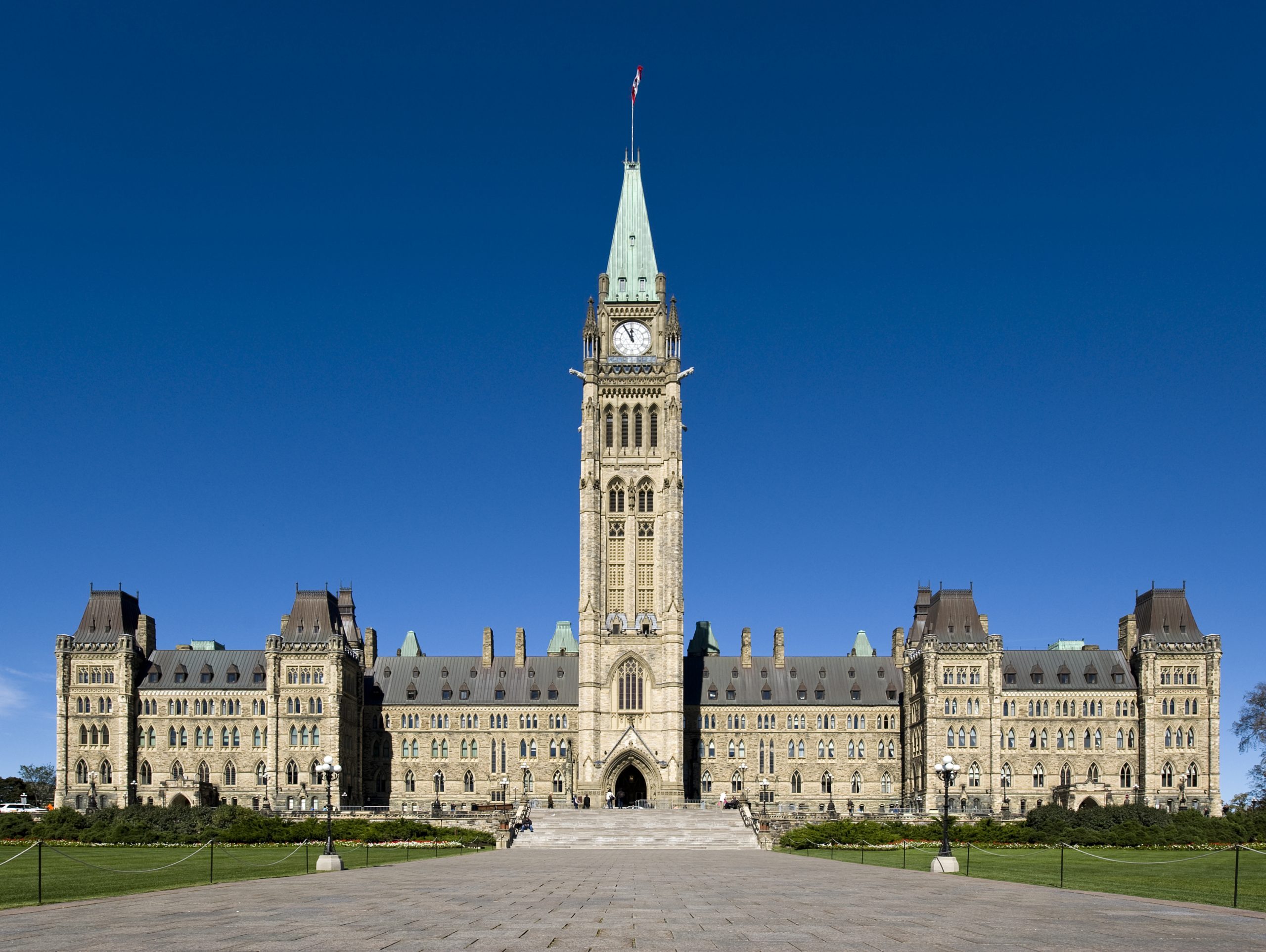Taxes inevitably take a toll on economic growth for the simple reason that each dollar in government hands is no longer available for private-sector investment.
Much of the money collected through taxes may work its way back to the private sector through purchases, contracts or the wages that are paid to -and spent by -public employees. But even so, there’s a loss.
Government spending, even when it’s targeted like the stimulus spending spree we’ve just been through, is just not that efficient as an economic driver.
But some kinds of taxes are much more harmful to growth than others.
Which is why economists concern themselves with what they call the “efficiency” of taxation, which is the measurement of how much economic impact any given tax change is likely to have.
By far the most damaging tax that is commonly found in Canada, according to a new study by the C.D. Howe Institute as well as a large body of work that has gone before, is corporate income tax. That means if growth is your goal, it’s the best tax to cut, which is precisely what both the Harper Conservatives and Campbell Liberals have been doing for the last few years.
The next biggest bang for the buck would be from cuts to personal income tax rates. Nonetheless, the Harper Conservatives chose to make the signature tax cut of their time in office a two-percentage-point reduction of the GST, which is a third-string option in terms of efficiency. And from there on, they have only become worse.
The Winnipeg-based Frontier Centre for Public Policy released an analysis last week, in advance of the federal budget, though not in time to influence it, that looked at the kind of “boutique tax cuts” that the Harperites have come to favour -things such as the children’s fitness tax credit and the public transit tax credit, both of which the centre examines in some depth.
Both these measures target small, specific groups, giving them special benefits at the expense -$164 million in all -of other Canadian taxpayers. And neither passes muster as good policy, in the centre’s analysis.
The fitness credit, it said, has failed to foster greater physical activity among poorer children, and it provides most of its benefits to higher income earners.
While only 25 per cent of tax filers report income above $50,000 a year, it said, 65 per cent of the beneficiaries of the fitness credit and 39 per cent in the case of the transit credit were in that income range.
Yet, sure enough, Tuesday’s budget continued down this unproductive road.
This time it was volunteer firefighters, family caregivers and parents with children enrolled in arts programs who are to get a small break.
My own post-budget column and C.D. Howe’s budget analysis, both published on Wednesday, dismiss these measures as largely trivial in their potential impact, though not their cost.
“Notwithstanding their appeal to the targeted beneficiaries,” said the Howe, “few of the proposed initiatives are sound from a tax and expenditure policy perspective.”
However, “the many minor, targeted spending initiatives and tax credits proposed in the 2011 federal budget delay a badly needed return to budget balance.”
So why do they do it, rather than using what little financial room they have to manoeuvre to implement tax policies that would actually serve the greater good?
Well, for one thing, they hit the hot buttons for many more special interests with a flurry of small-change items rather than just one or two bigticket ones.
That sounds good if you say it fast. And while Prime Minister Stephen Harper may be, as my journalistic colleagues so often put it, “a trained economist,” he’s also a practising politician.
Sadly, this seems to mean his government often values an opportunity for spin over substance.


